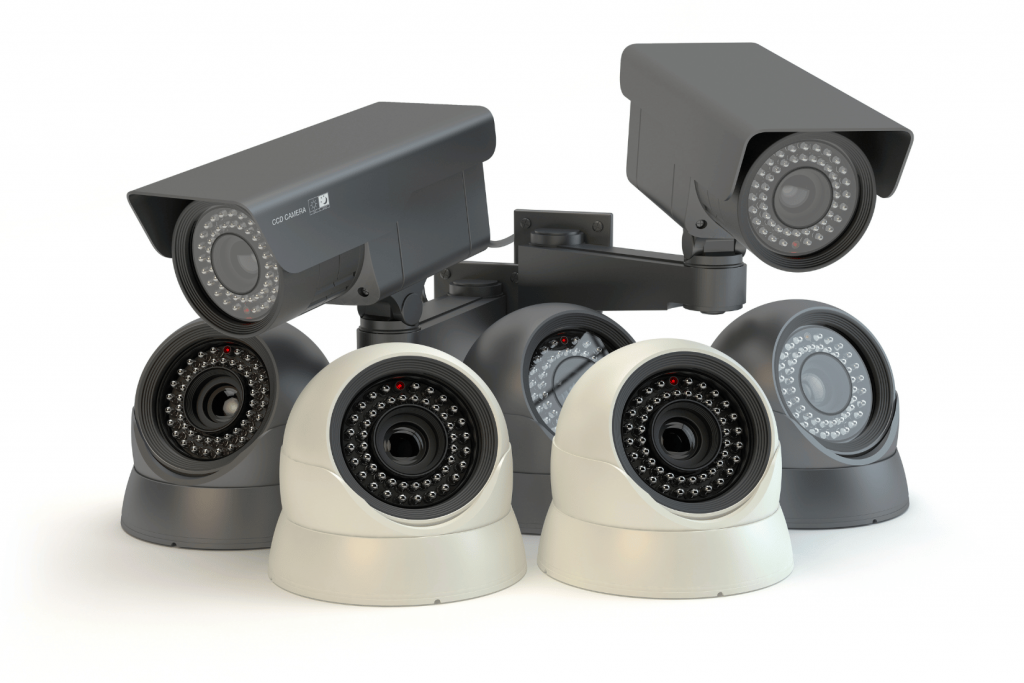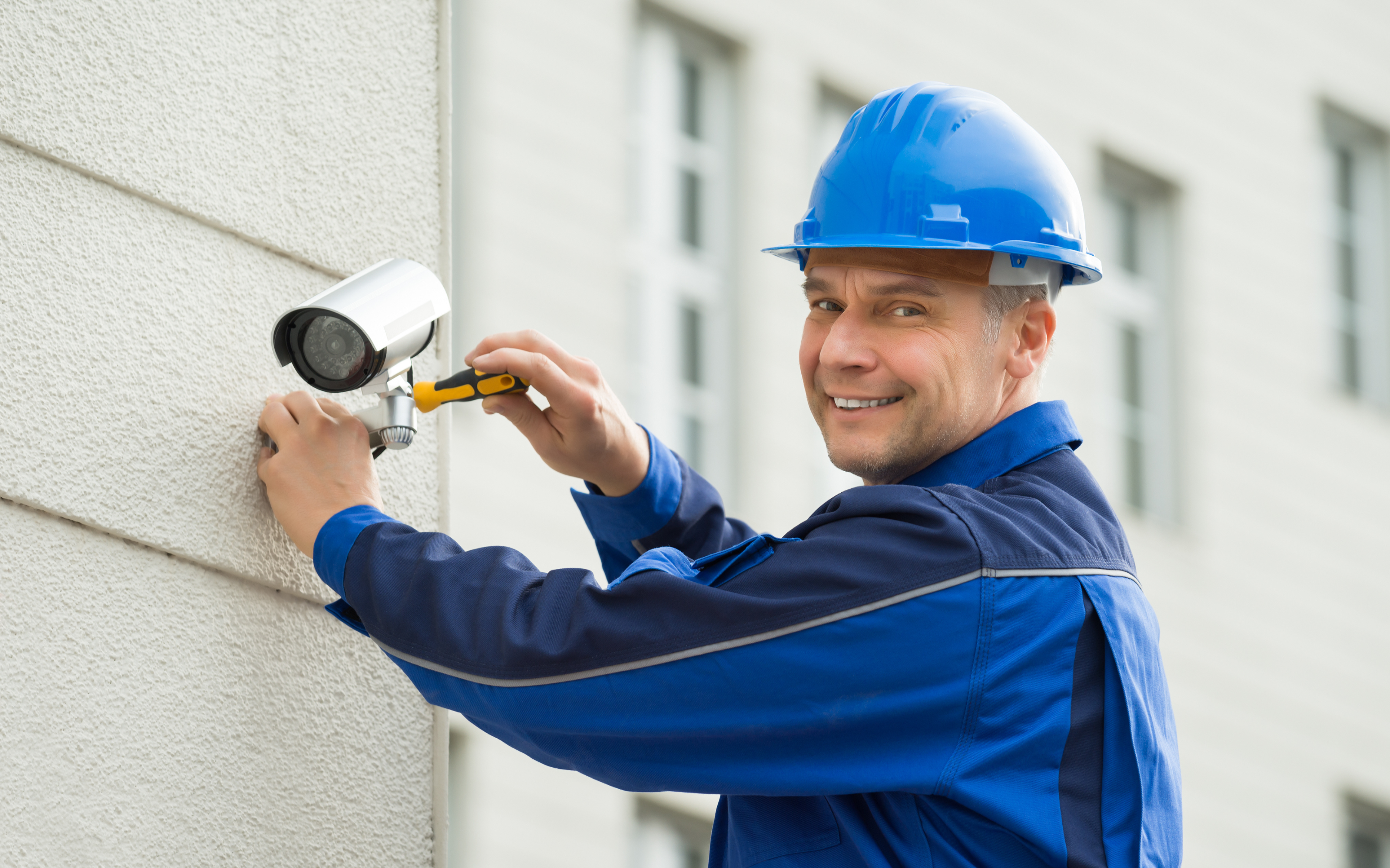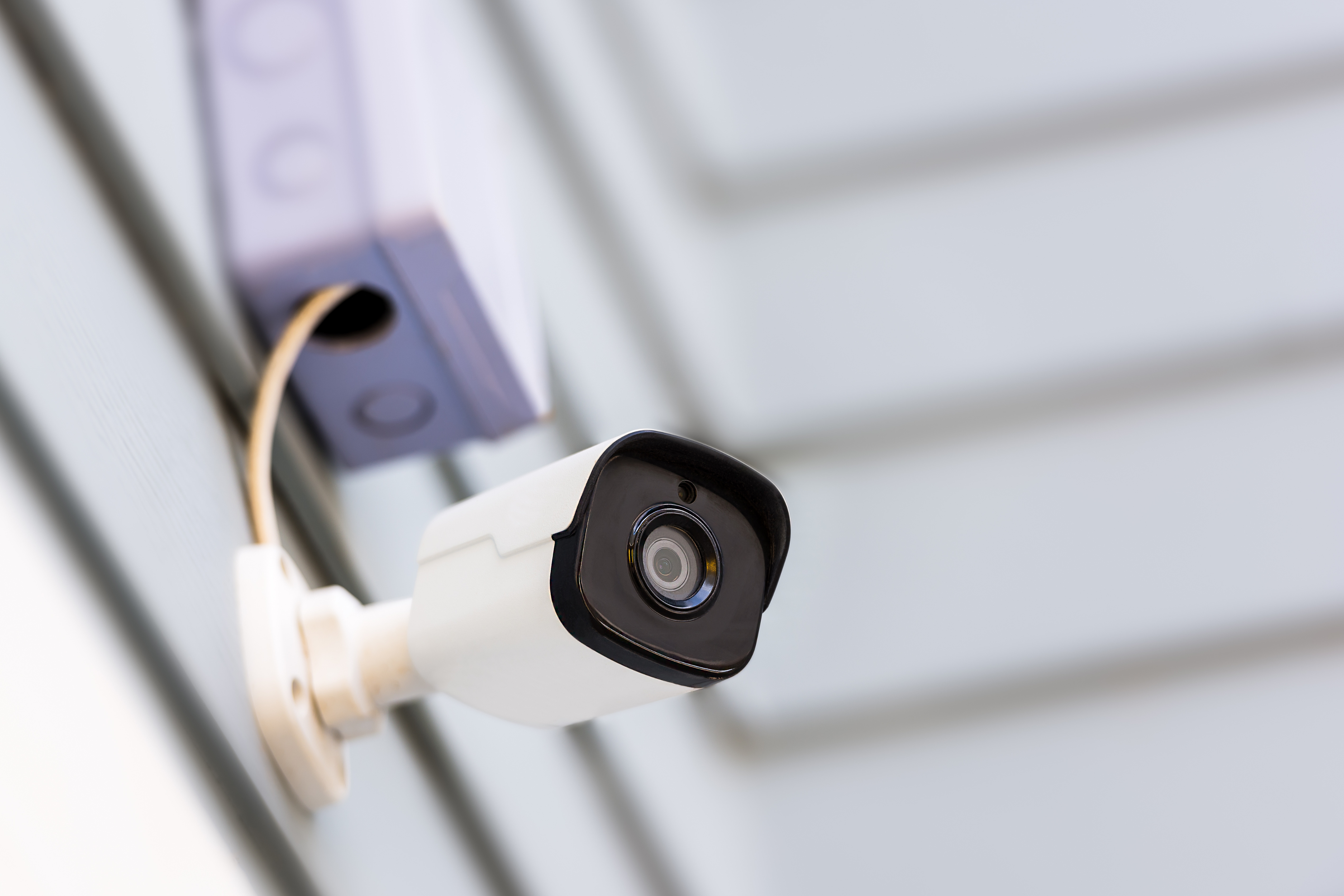In an age where security concerns have become a top priority for homeowners and businesses alike, the demand for surveillance systems has surged. Security cameras are no longer reserved for commercial spaces or wealthy estates; they have also found their way into everyday households.
As the need for greater vigilance grows, so does the market for do-it-yourself (DIY) security cameras. These versatile and easily accessible devices offer a tempting solution for those seeking to monitor their property.
In this blog, we will delve into the pros and cons of DIY security cameras, providing valuable insights to help you decide whether they fit your security needs.
Whether you are a tech-savvy DIY enthusiast or a cautious homeowner, understanding the benefits and drawbacks of DIY security cameras will empower you to safeguard your surroundings effectively.
Can you install your security cameras?
Although possible, installing your security cameras can be challenging and time-consuming, especially if your property is huge and your security requirements are complex.
Regarding safeguarding your home, there are some of the best DIY home security systems in terms of reliability and innovation.
You’ll need to know more than simply how to set up your cameras if you want your security camera system to operate at its peak efficiency. You must understand how to set up your cameras to cooperate and where to position your cameras for optimal coverage.
If you own one, you must know how your wireless security camera communicates with other smart devices. Certain wireless home security systems use Wi-Fi for communication, while others use Z-wave.
A skilled technician can examine your home’s layout to evaluate your security requirements. They will install your security equipment to ensure optimal performance and proper connectivity.
Features of a Variety of Security Cameras

There are numerous security cameras on the market with many features. The greatest home security systems can be altered to accommodate various homeowners’ needs.
Here are a few factors to consider while choosing the finest DIY security camera.
• The size of your property: If you have a big house, you might require an outdoor security camera that can withstand the elements. You can put it on a high wall outside to watch your yard. A doorbell camera is a must if you live in a small flat to keep an eye on the area in front of your door.
• What you intend to monitor: Security cameras differ in their features and capabilities depending on their design. For instance, exterior security cameras must be weatherproof to function in rough weather.
• More functions and add-ons for security cameras: For instance, your camera might include a floodlight that turns on when a motion sensor detects activity, or it might have a battery or cellular backup that enables it to continue working in the event of a power loss. You can enhance your home’s security with advanced outdoor security cameras, providing peace of mind and surveillance around the clock.
• Home security gadgets: Your security camera must be compatible with the other security equipment you own if you want it to be a part of the bigger, interconnected security system (including window sensors, entry sensors, and smart LED lighting).
• In terms of storage: What kind of video clip storage do you want for your camera? While some cameras can store video in the cloud, others can only store it locally on micro SD cards.
Pros of DIY Security Cameras
While consumer-grade security cameras have made significant advancements, professional-grade security cameras are getting more sophisticated and cost-effective.
When installing a corporate security camera system, there are a few instances when it makes sense to do it yourself.
Can reduce Installation costs: If you don’t require sophisticated features like facial recognition, friendly lighting LEDs, false alarm reduction, and weather resistance, you might go with a DIY business security system. You will receive free support in some cases, if you encounter an issue during an installation.
Get familiar with basic functionalities: In some cases, it makes sense to build a system yourself if your company only requires 2 or 3 cameras to keep an eye on various entrances, exits, or other critical places. These security cameras can provide basic capabilities like HD video, smart alerts, and voice recognition, which are sufficient for small businesses and don’t require much security if you feel confident enough to install a camera on your own.
Easy to install: Consumer-grade cameras are typically considerably simpler to install than professional-grade cameras, but they don’t have as many functions or a lengthy lifespan.
Professionals can help you set up each feature, but you probably won’t see how the features or cameras were set up in detail.
Consider reading the instruction manual if you have the time and want to learn more about your security cameras, including how to fix them if there are any problems with your electronics or wiring.
Cons of DIY Security Cameras
The disadvantages of DIY security cameras typically exceed the advantages. Unless you have knowledge of wiring and own a small business with only a few cameras, it’s fine. But, you need assistance from a professional to install a high-quality security system.
Better quality: Even though installation costs will be higher than those for your system, you’ll have access to security cameras of a higher caliber with more capabilities and a longer lifespan, and you’ll receive assistance from your installer before, during, and long after the installation is finished.
The entire task will be your responsibility: Although retailers of consumer-grade security cameras advertise ease of installation and simple configuration, you still need to read the instructions, understand how the security cameras operate, configure the cameras, put the cameras in a weatherproof area, and even change the batteries.
If your security cameras need wiring, you must handle all the preliminary work, including drilling holes, running cables of the proper length, connecting your cameras, powering them, and ensuring they function, by yourself.
No tech support: If problems arise after a professional like Camera Security Now installs your cameras, you’ll get free lifetime support. But, if you install your cameras, you’re responsible for any subsequent problems that develop (they always do, eventually).
Requires more research: Even if you did all the necessary research to choose the best consumer-grade security camera, you would need more time and access to enough videos to become as knowledgeable as a professional security camera technician.
Moreover, many retailers of consumer security cameras use deceptive marketing terminology to lead you to believe that their cameras are more advanced or feature-rich than they are.
Benefits of Having Expert Security Camera Installation

It’s important to reiterate some benefits of hiring a pro to assist you in selecting and installing a security system.
Best advice: Professional security technicians will not only advise you on how to use your surveillance system but also offer you the best advice on upgrading it, all while staying within your budget.
Consult a security Installation company: You won’t have to hand-pick your security cameras. When you contact a security installation firm, you’ll be assisted every step of the way in choosing your surveillance system. You won’t have to spend time selecting the systems.
Professional Work: Security experts are knowledgeable about the top systems, cutting-edge software, and cutting-edge features on the market. The main advantage is being able to afford a high-quality security system and installation. Secure your property with professional CCTV Camera Installation Services in Dubai, ensuring comprehensive surveillance and peace of mind.
The Drawbacks of Hiring a Professional to install Security Cameras
Though it is recommended to use a professional-grade security system installed by a certified trainer, it sometimes must be fixed due to budget, location, or time constraints.
Here are a few situations where hiring a pro to install your security system isn’t the ideal choice.
High costs: The price of some of the top consumer-grade security cameras sold at big-box retailers is comparable to professional-grade security cameras. Unfortunately, installation fees are not included. Installing cameras can cost as much as twice as much as the cameras themselves, depending on the size of your institution.
Schedule an installation date: You must follow the schedule set by your installer. You can install your security system as soon as it is delivered after placing an order. To contact a professional, you must set aside some time for a free consultation, a site visit, and an installation date.
Prior experience is needed: A DIY solution can work for you if you know what you’re doing and only need a few security cameras. But it isn’t worthwhile to attempt to finish the work independently if you lack skills, prior knowledge, or a sophisticated security system.
However, DIY security cameras have advantages and disadvantages, like any technology. DIY systems adaptability has become popular, which lets you pick and choose the devices you want and add more over time. Still, there is also convenience in having everything done for you.
If you found value in this blog post, click the share button and spread wisdom.










